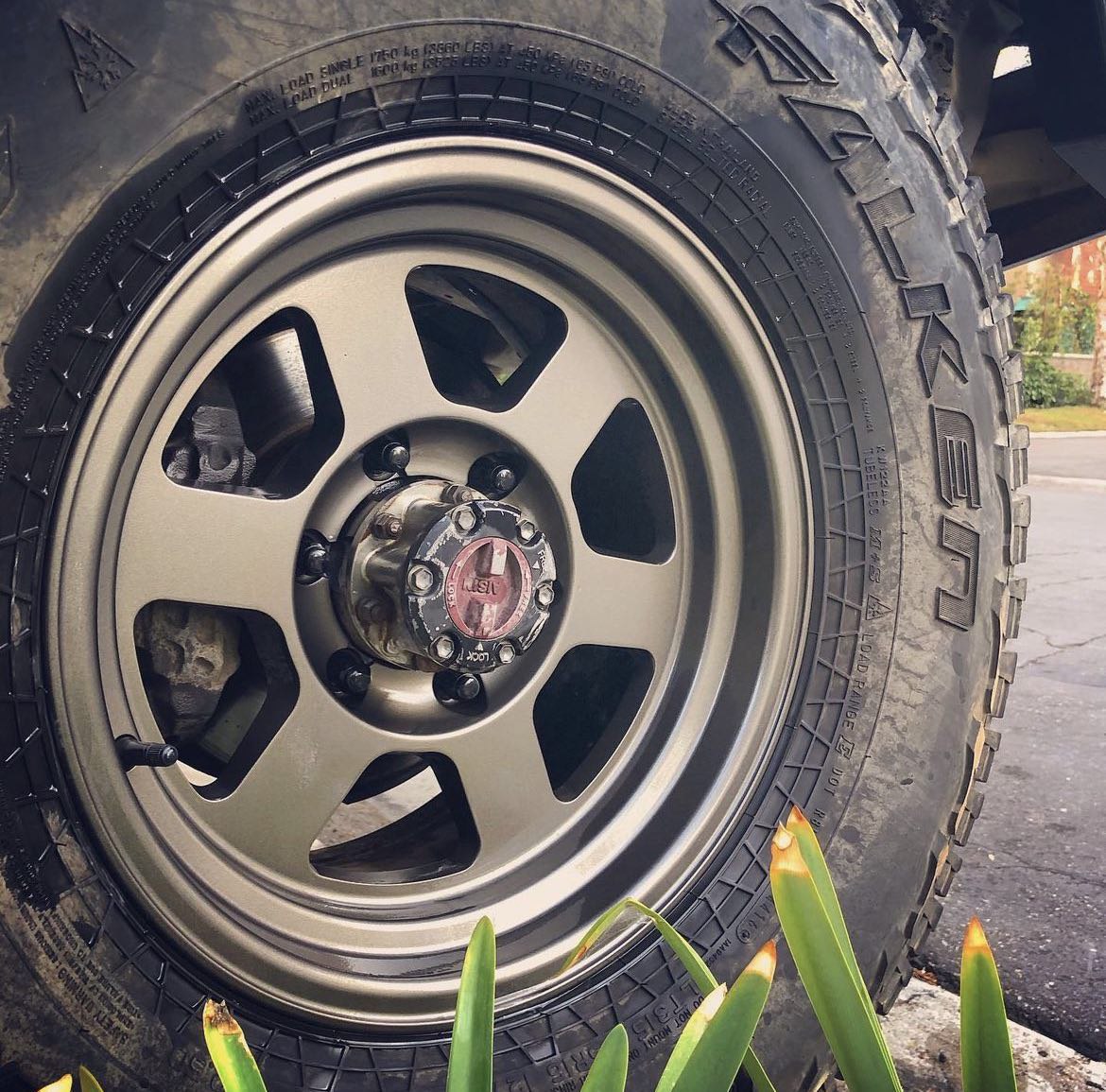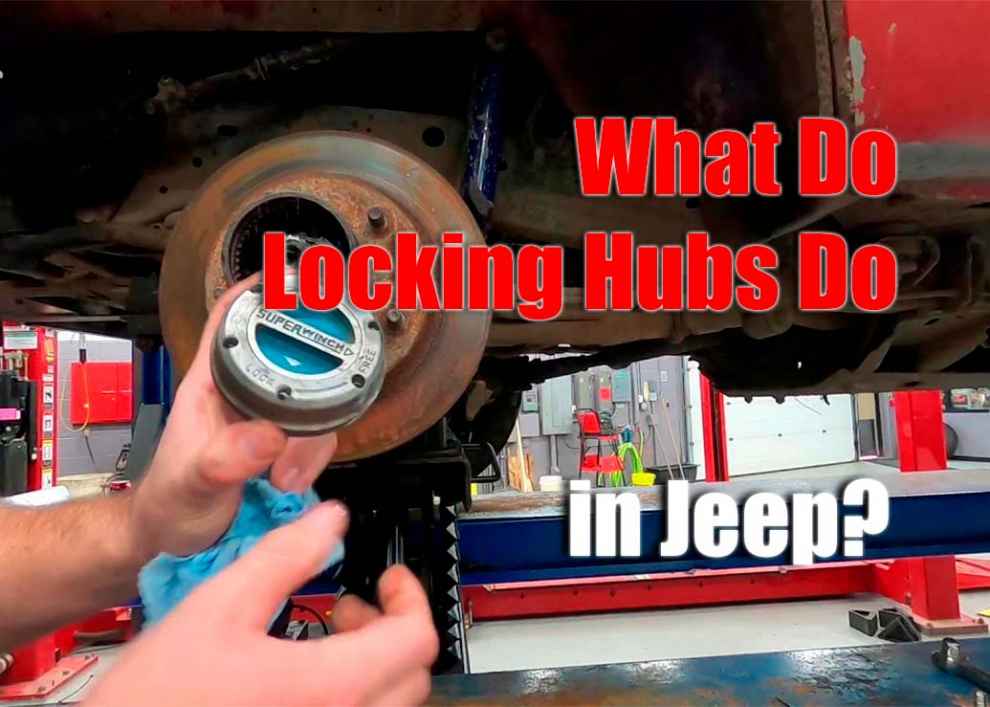Locking hubs are an important piece of the drivetrain puzzle for your Jeep. Whether you own a classic Wrangler or one of the modern versions, locking hubs are essential components that help you get the most out of your off-road experience. But what do locking hubs do for Jeeps? In this article, we will explain everything you need to know about these components, including types of locking hubs, manual vs automatic, and their advantages and disadvantages.
What Do Locking Hubs Do?
Locking hubs are used to connect the front wheels of your Jeep to the transmission. To understand why locking hubs are essential, it helps to know how Jeeps are designed. All Jeeps have four-wheel drive, meaning all four wheels are connected to a drivetrain and powered by the engine. However, it is not always necessary or desirable for all four wheels to be powered at once. It is where locking hubs come in; they allow you to select which wheels will be powered and which will remain idle. When locked, the hub prevents the power from being transferred from the transmission through that wheel, thus allowing you to conserve fuel and improve your off-road performance.
Types of Locking Hubs Available for Jeeps

Advantages of Using Locking Hubs in Jeeps
Locking hubs on your Jeep provide several advantages. The most obvious is improved fuel economy since the power is transferred from the transmission to only two wheels rather than all four when engaged. It can be a great help when driving off-road, ensuring you maintain traction and control in slippery or muddy conditions. Also, locking hubs allow for improved performance when engaging low-range 4WD settings since they provide that all four wheels are driving together at the same speed, preventing wheel spin from occurring and damaging your drivetrain components. Also read here about 3 Best Rims for Jeep Wrangler.
Disadvantages of Using Locking Hubs in Jeeps
Although there are many benefits associated with locking hubs on your Jeep, there are also some drawbacks that must be considered before deciding to install them. First, they require regular maintenance, which is more frequent than if no hub locks were installed. Furthermore, they tend to add weight to your vehicle and reduce its maneuverability, decreasing the ease with which a car can make tight turns or navigate narrow trails while locked into 4WD mode. Finally, automatic lockers may be less reliable than manual ones since they rely on user input when engaging them, whereas automatic lockers engage automatically when shifted into low range 4WD settings without any user input necessary.
Conclusion
In conclusion, locking hubs on your Jeep offers many advantages, including improved fuel economy, improved performance when engaging low-range 4WD settings, and increased traction and control in slippery or muddy conditions. However, they also require regular maintenance and added weight which can reduce maneuverability in tight turns or narrow trails while locked into 4WD mode. Ultimately, it is up to you to decide whether the advantages of locking hubs outweigh their drawbacks in your specific situation.

Add Comment